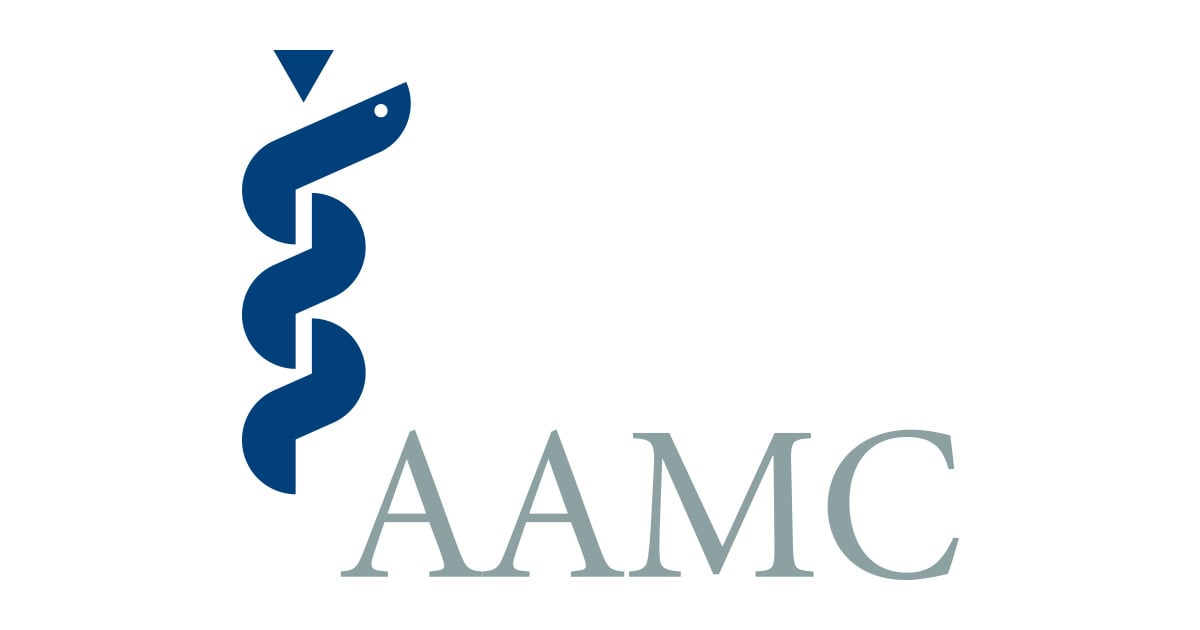Last Updated on October 11, 2022 by Laura Turner
At the end of the school year, hopefully you will find a little bit of downtime. If you are looking for a good book to take with you on vacation or to read on breaks during your summer experience, we’ve compiled ten great reads for aspiring physicians.
We realize this list is incomplete. With the large number of literary contributions that explain the human experience through medicine and explore our health care system from the inside, it was impossible to include them all.
Have a recommendation for a book we missed? Tweet us at @AAMCPreMed with your favorite book about the practice of medicine with the hashtag #premedreads!
What Doctors Feel: How Emotions Affect the Practice of Medicine—Danielle Ofri, M.D.
Dr. Ofri, an internist, explores the doctor-patient relationship and the role emotions play in patient care.
The Check List Manifesto—Atul Gawande, M.D.
Author of several books on health care and patient safety, Dr. Gawande is a surgeon who explores how the simplest of methods—a checklist—can save lives and reduce errors.
The Emperor of All Maladies—Siddhartha Mukherjee, M.D., Ph.D.
Pulitzer-prize winning author and pathologist, Dr. Mukherjee, writes about the history of cancer from its first documented occurrence to modern treatments.
America’s Bitter Pill—Steven Brill
Award-winning journalist and author Steven Brill sharply examines the U.S. health care system and Affordable Care Act. Interesting fact: Brill had open heart surgery during the time he completed the book.
The Immortal Life of Henrietta Lacks—Rebecca Skloot
Rebecca Skloot illuminates health disparities and injustices in this non-fiction work on the life of Henrietta Lacks. Lacks’ cells (HeLa) have been used in life-saving treatments to treat and cure polio.
Mountains Beyond Mountains: The Quest of Dr. Paul Farmer—Tracy Kidder
This book tells the story of Dr. Paul Farmer, founder of the nonprofit organization, Partners In Health, and an infectious-disease specialist, who dedicates his life to caring for patients in the poorest and most under-resourced parts of the world.
Want some more reading recommendations? Here’s a roundup of other books recommended for pre-health students:
The Spirit Catches You and You Fall Down—Anne Fadiman
Fadiman explores the impact of cultural understanding on patient care and the complexities that surround treatments.
Adventures of a Female Medical Detective—Mary Guinan, M.D., Ph.D.
A physician’s memoir of her work to help eradicate smallpox and tackle the AIDS epidemic.
My Own Country: A Doctor’s Story—Abraham Verghese, M.D.
A physician who also writes fiction, Dr. Verghese’s memoir focuses on his experiences practicing medicine in Johnson City, Tennessee while treating patients of the rural AIDS epidemic.
Final Exam: A Surgeon’s Reflections on Mortality—Pauline Chen, M.D.
A columnist for the New York Times Well Blog, Dr. Chen explores the complexities of treating terminally ill patients and the emotional relationships between doctors and their patients.


